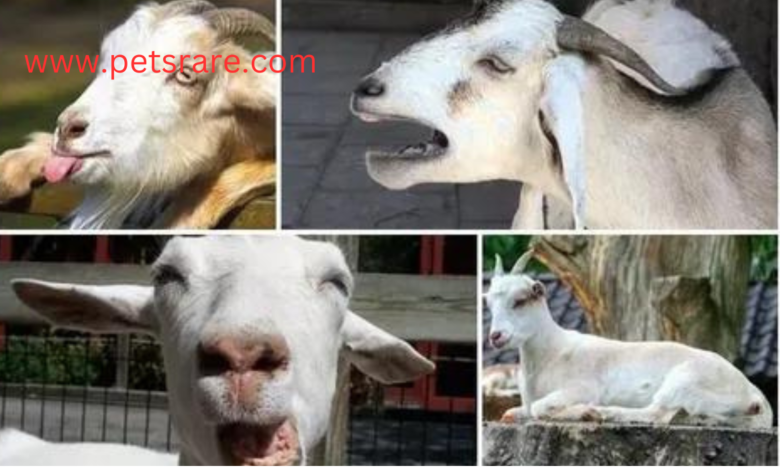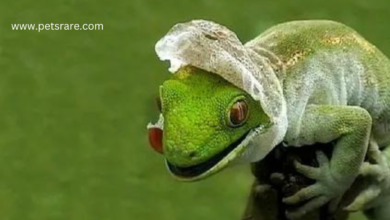Pygmy Goat Cough and Respiratory Problems: Causes and Treatment

Pygmy Goat Cough and Respiratory Problems: Causes and Treatment
Pygmy goats, like any other animal, can experience respiratory problems. Recognizing the symptoms and understanding the possible causes is crucial for timely intervention.
Understanding pygmy goat respiratory health

A healthy pygmy goat usually breathes quietly and easily. Any change in breathing pattern or presence of cough should be investigated immediately.
Common Causes of Pygmy Goat Cough
- Respiratory Infections: Bacterial, viral or fungal infections can cause cough and other respiratory symptoms.
- Parasites: Lungworms and other internal parasites can disturb the respiratory system.
- Environmental irritants: Dust, mold, or poor air quality can cause coughing.
- Heart disease: In some cases, a cough can be a sign of underlying heart problems.
- Aspiration Pneumonia: Inhalation of foreign objects can cause inflammation and cough.
Symptoms of respiratory distress in pygmy goats
- Constant cough
*Difficulty breathing
*Discharge from the nose - Affordability.
- Loss of appetite
- Fever

Diagnosis of respiratory problems
The veterinarian will perform a thorough examination, including:
- Physical examination
- Listening to lung sounds
- Taking temperature
- Blood tests
- Bowel examination
- X-ray or ultrasound (in severe cases)
Treatment of pygmy goat respiratory problems
Treatment will depend on the underlying cause.

- Antibiotics: For bacterial infections.
- Antiparasitics: To eliminate lungworms and other parasites.
*Medications: To treat underlying conditions such as heart disease. - Supportive Care: Adequate rest, hydration and nutritious diet are essential.
- Environmental Adjustment: Improving ventilation and air quality can help prevent respiratory problems.
PRECAUTIONARY MEASURES
- Vaccination: Keeping goats up to date on vaccinations can help prevent some respiratory infections.
- Deworming: Regular deworming is essential to control lungworm infections.
- Adequate ventilation: Ensure good air quality in the goat’s living environment.
- Cleanliness: Maintain a clean and dry living area to reduce the risk of infection.
* Stress Reduction: Minimize stress factors for your goats.
Respiratory Health Checklist
| The factor Importance |
|—|—|
| Vaccination Prevents common respiratory diseases
| Pesticides Controls internal parasites
| Ventilation | Ensures clean air quality
| Hygiene | Prevents the spread of germs
| Stress Management | Supports overall health
Frequently Asked Questions About Pygmy Goat Respiratory Problems
*Q: Can I treat my goat cough at home?
- A: It is best to consult a veterinarian for proper diagnosis and treatment.
*Q: How often should I worm my goat? - A: The frequency of deworming depends on a variety of factors, including the goat’s age, location, and parasite prevalence. Consult your veterinarian.
Question: Can goats be given cough medicine? - A: Never give human medications to goats without veterinary advice.
Result

Respiratory problems in pygmy goats can be serious, but with prompt attention and proper care, most cases can be treated successfully. Regular veterinary checkups, good hygiene practices and a healthy environment are essential to prevent respiratory problems.
[Picture of a healthy pygmy goat]
[Image of a pygmy goat coughing]




